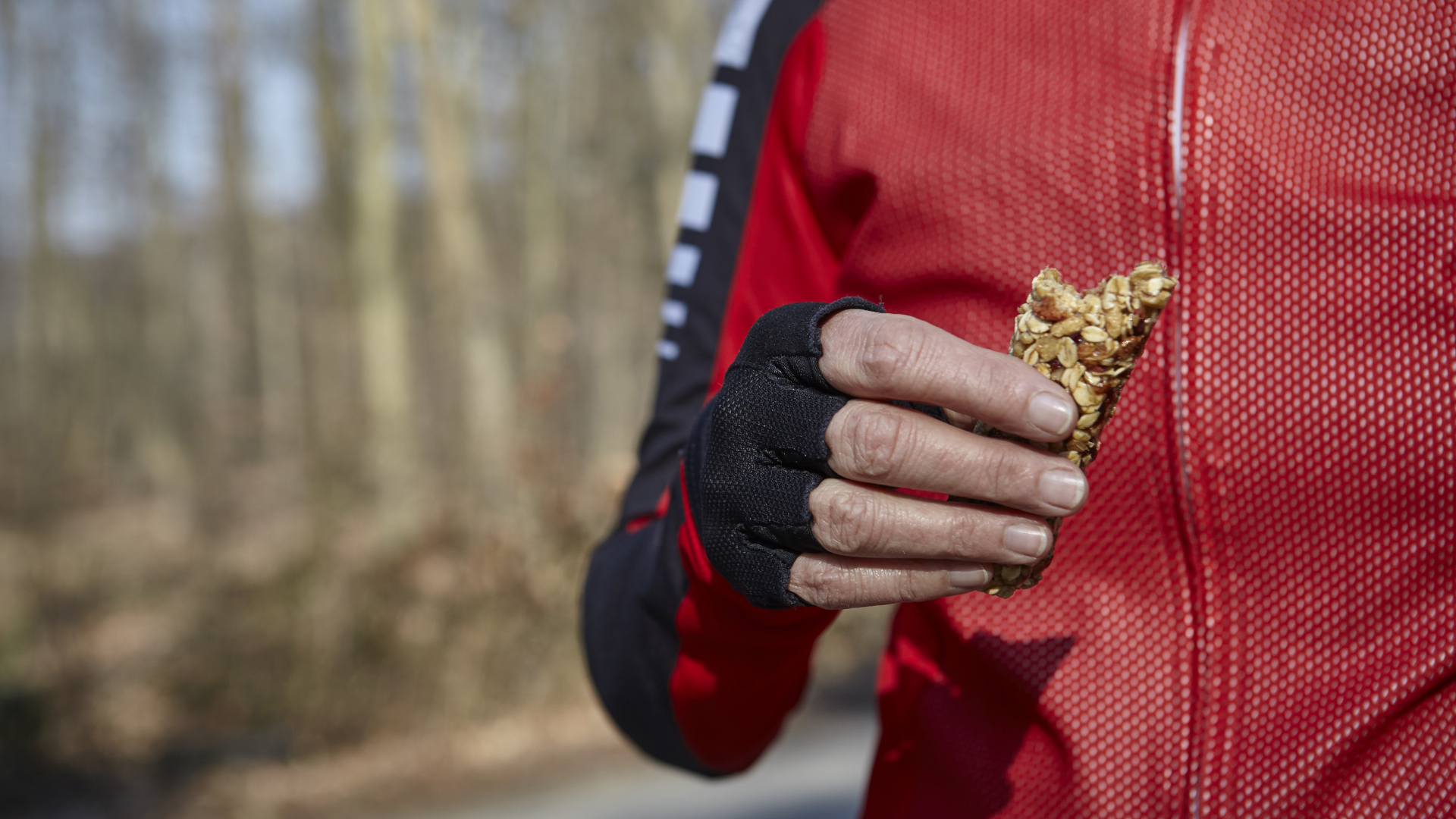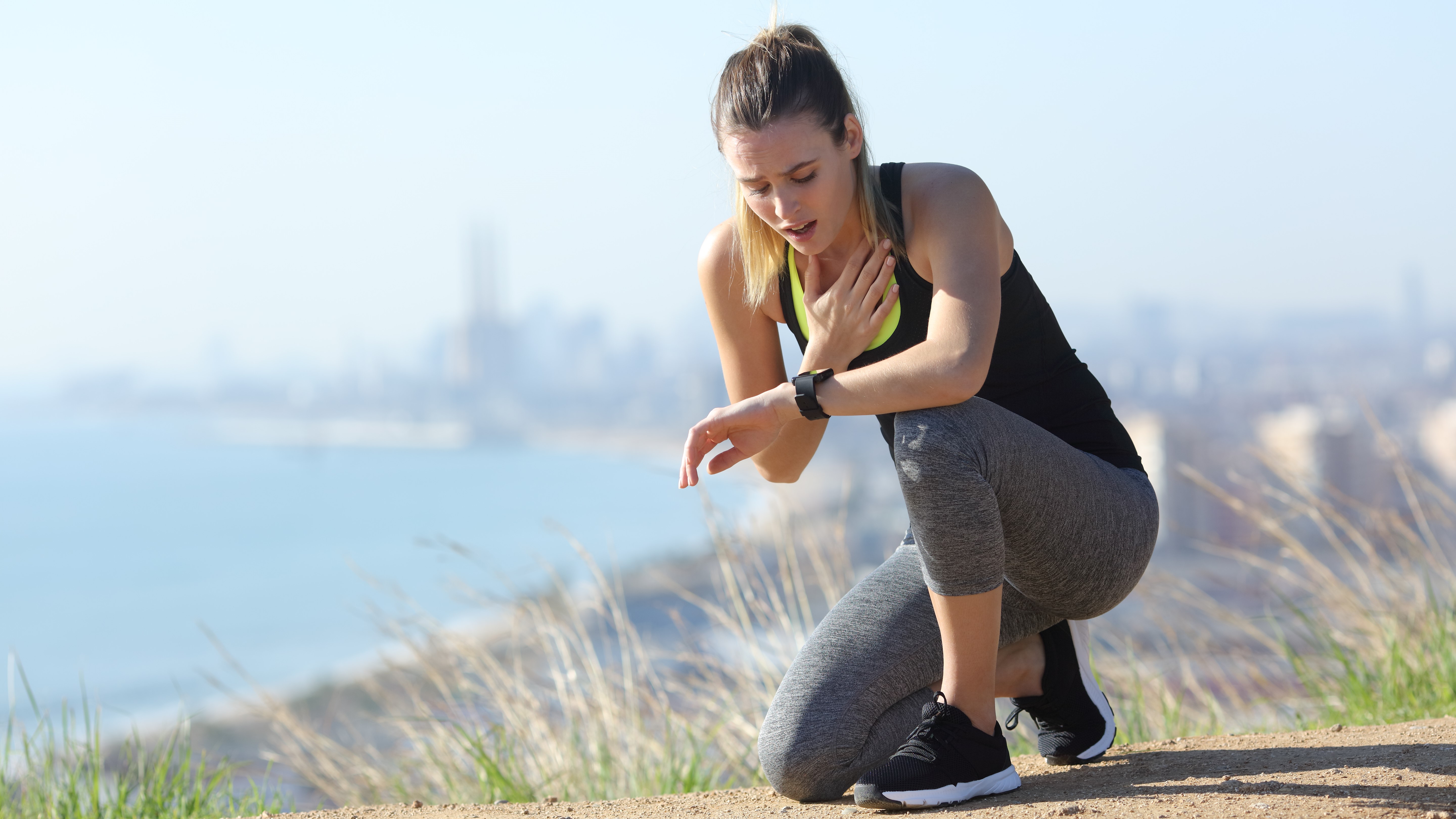Understanding your basal metabolic rate
Is knowing your basal metabolic rate helpful for athletic performance? We take a look at how it’s measured and what it really means

All the latest inspiration, tips and guides to help you plan your next Advnture!
You are now subscribed
Your newsletter sign-up was successful
If you’re training for a marathon or becoming a serious ultra runner, there’s a couple of different ways you can shape your approach. You can just invest in a good pair of trail running shoes, run a lot according to a training plan and listen to your body for signs of depletion, eating according to your hunger. Or, you can get really into the metrics, invest in a GPS watch and try to turn eating into a science. If you’re in the latter camp, you’ll come across all kinds of metrics such as heart rate zones, which help you understand what’s happening when you’re training in different intensities, and basal metabolic rate, which can help you figure out how many calories you need to consume each day. But how useful is knowing your basal metabolic rate anyway? We take a look at what it means, how it’s measured and whether or not it’s a useful tool for weight management.

What is the basal metabolic rate?
In simple terms, your basal metabolic rate is that rate at which your body uses energy while at rest. Though we tend to correlate energy expenditure with vigorous activity such as walking and running, in fact you’re burning calories all the time for simple vital functions like breathing, digesting food and maintaining your core body temperature. These functions make up 60 - 70% of your energy expenditure each day, with the remainder being used through activity.
In a clinical setting, your BMR rate – the amount of calories your body needs to carry out essential functions – would be assessed using apparatus that measures your oxygen consumption in the morning after fasting all night and before eating. However, since this equipment isn't always available, BMR is more often estimated using a formula of your sex, weight, height and age which you can plug into this online calculator.
According to this formula, I can consume 1,277 calories each day without moving a muscle. However, I like moving my muscles a lot, so I need a bit more. I’ve done quite a few body comp analysis over the years (the gym I worked at had a machine I could use for free) so I know that this number is pretty accurate, though for a more precise number you’ll want to get on a body comp machine.

In training terms, coaches and trainers will often use your BMR to help you determine the number of calories you can consume without gaining weight if you’re just lying in bed all day. It’s considered useful for any athlete working with metrics to maintain a healthy weight and remain at the top of their game. As a runner, you may be trying to strike a balance between keeping your weight low for speed but staying nourished enough to be competitive, and knowing your BMR can help you ensure you’re getting the most out of your meals.
Of course, regardless of whether or not you’re an athlete, you want to make sure that you’re consuming the minimum amount of calories required for your BMR and then some.

What is a good basal metabolic rate?
BMR varies according to factors such sex, weight and heights, so there isn’t such a thing as a good or bad rate. An average adult has a BMR rate between 1,000 and 2,000 calories per day. Muscle tissue burns more calories than fat, so if you have a lot of muscle you’ll have a higher BMR, but that really only means that you need more calories each day in order to function properly, not that you’re winning at the BMR game.
All the latest inspiration, tips and guides to help you plan your next Advnture!
How do you use your BMR to lose weight?
In all honesty, your BMR is not necessarily all that helpful if you’re trying to lose weight. It only measures the number of calories you need for vital functions, not for performing activities and doing exercise. To lose weight, you’ll need to reduce your caloric intake, but it’s much more helpful to use a total daily energy expenditure calculator and work with a nutritionist to achieve your goals in a healthy, productive way.
- The best trail running shoes: tested for grip, comfort, and stability
Julia Clarke is a staff writer for Advnture.com and the author of the book Restorative Yoga for Beginners. She loves to explore mountains on foot, bike, skis and belay and then recover on the the yoga mat. Julia graduated with a degree in journalism in 2004 and spent eight years working as a radio presenter in Kansas City, Vermont, Boston and New York City before discovering the joys of the Rocky Mountains. She then detoured west to Colorado and enjoyed 11 years teaching yoga in Vail before returning to her hometown of Glasgow, Scotland in 2020 to focus on family and writing.

